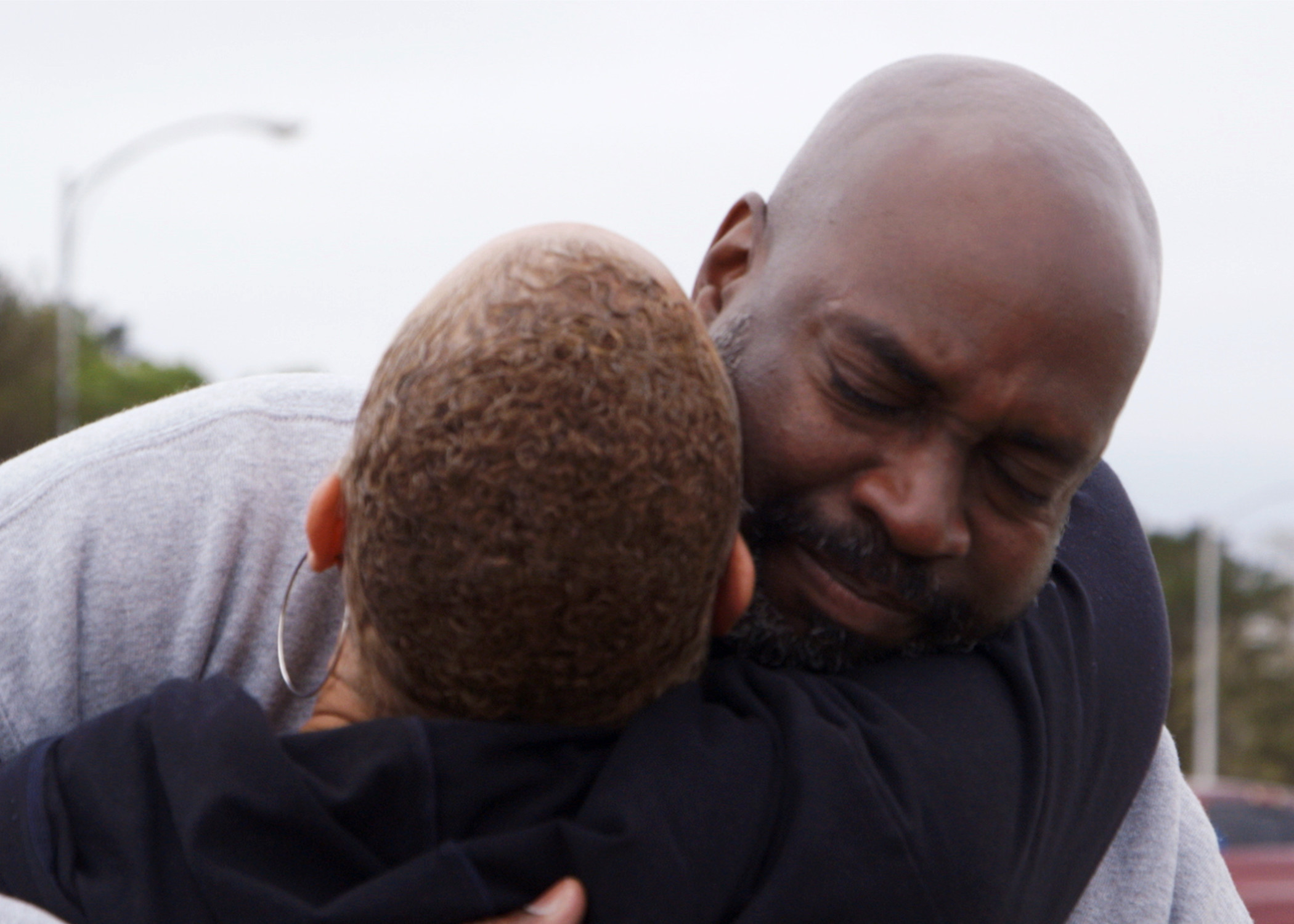 Our society likes to paint a certain picture of the incarcerated. They are likened to monstrous beasts that we are forced to lock up in cages. We’re told that they’re dangerous and irredeemable, not worthy of walking the streets among us. However, as those whose lives have been cruelly interrupted by the criminal justice system know, that could not be further from the truth. These men and women are our mothers, fathers, sisters and brothers. Our journeys have taken different paths, but sometimes those paths wind up merging once again.
Our society likes to paint a certain picture of the incarcerated. They are likened to monstrous beasts that we are forced to lock up in cages. We’re told that they’re dangerous and irredeemable, not worthy of walking the streets among us. However, as those whose lives have been cruelly interrupted by the criminal justice system know, that could not be further from the truth. These men and women are our mothers, fathers, sisters and brothers. Our journeys have taken different paths, but sometimes those paths wind up merging once again.
In 2012, California altered its ruthless “Three Strikes Law” with the passing of Proposition 36. It was an amendment that suddenly freed hundreds of thousands of non-violent prisoners, who had previously been sentenced to life behind bars. Directors Kelly Duane de la Vega and Katie Galloway followed this groundbreaking reform in their documentary film “The Return”. In the film, the filmmakers follow two newly released former lifers. Kenneth Anderson, a man who’d missed seeing his children grow up, and Bilal Chatman, a man determined to move forward despite the time he’d lost. In the gut-wrenching narrative, we watch as Kenneth desperately tries to reconnect with his family and his ex-wife, Monica Grier, while Bilal steadfastly moves to reintegrate himself into society.
During the Tribeca Film Festival, I got the opportunity to sit down with Bilal Chatman, as well as Directors Duane de la Vega and Galloway to talk about this long return home.
Aramide Tinubu: For over 15 years, your projects have focused on subjects that have profoundly affected our society. Did Proposition 36 inspire you to do “The Return”, or was it the criminal justice system in general that sparked your interest?
Kelly Duane de la Vega: What was really exciting about this story, was that for the first time in our history, voters voted to shorten the sentences of the currently incarcerated. It really was the first time we could really look at an implementation of reform. What does that look like? What can we learn from it? We wanted to follow the story through the institutions, the courtrooms, the prisons, but also on the outside. We wanted to look at the families, the people who have suffered and served time on the outside, while their loved ones served on the inside. We were eager to see what would happen. We had hoped that it would be a hopeful story, and I think it ultimately is a hopeful story; the recidivism rate is at a record low for this population. But, it’s also a heartbreaking story, because so many families have been broken and services are so few and far between.
AT: Bilal how did you get connected Katie and Kelly?
Bilal Chatman: Survival. My attorney knew them, and part of the three strikes law gave the judges the option of allowing you out or not. So the District Attorney used my case as a contested case. They were saying, “We do not what to let him out.” So with that, you also have to be able to be disciplinary free while you are in prison. You had to meet the criteria. Your crime had to be non-violent first, and then you couldn’t have too many disciplinary problems like fights or violence. In my case, I had a drug case, so what would it have looked like if I had drug sales or drug problems in prison? Knowing that, I made myself look more attractive to the courts because I did a lot of things while I was in there. I did anything that was possible, anything that was positive, anything that could have made me better. I went to everything, Narcotics Anonymous, Alcoholics Anonymous. I made myself ready, and I should have been released, but they were like, “No”. So my attorney said, “I know these filmmakers who have been following Prop 36 and they’d love to interview you.” My attorney said, “We’re going to try to get them into the courtroom so that the judge can tell them, and you, and the world, that they aren’t going to let you out. He said, “The best thing that could happened is that they don’t let you out.” And at the time, I didn’t know what he was talking about. But he said, “That could be the best thing because then the world will see how terrible this system is.”
AT: Oh for sure.
BC: But at the same time, it can also open the door for the judge and the DA and everybody to say what they want to say on camera. Needless to say, they didn’t let [Kelly and Katie] into the courtroom, but I was fortunate enough to be released.
KD: And they knew we were watching.
BC: Absolutely.
Continue reading at Shadow and Act.
Image: The Return

